COURSE OVERVIEW
DE0348 : Artificial Lift Systems
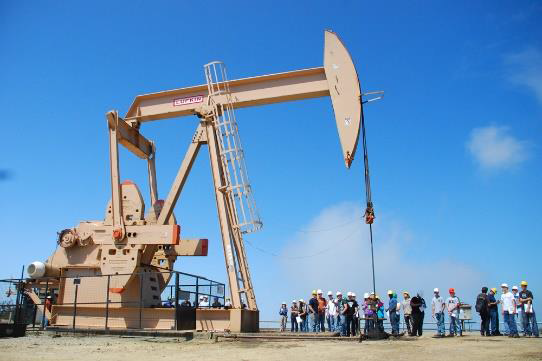
OVERVIEW
| COURSE TITLE | : | DE0348 : Artificial Lift Systems |
| COURSE DATE | : | Dec 16 - Dec 19 2024 |
| DURATION | : | 4 Days |
| INSTRUCTOR | : | Mr. Konstantin Zorbalas |
| VENUE | : | Al Khobar, KSA |
| COURSE FEE | : | $ 6750 |
| Request For Course Outline | ||
Course Description
This practical and highly-interactive course includes real-life case studies and exercises where participants will be engaged in a series of interactive small groups and class workshops. Most of the world?s oil wells are placed on some kind of artificial lift, the most significant of which are suckerrod pumping, gas lifting, and electrical submersible pumping. Production engineers are required to design and operate these installations at their peak efficiencies so as to reach a maximum of profit. To achieve this goal, a perfect understanding of the design of the different lift methods, as well as working skills in the ways ensuring optimum production condition is necessary. This course first provides an overview of wellperformance evaluation leading to determination of well conditions necessitating application of artificial lift. The various types of artificial lift systems along with their selection criteria are then presented. The theoretical and practical aspects of the most important artificial lift methods will be covered, so that at the end of the course the participants will have a sound knowledge of the theory underlying each method as well as a abroad view of the relative advantages, disadvantages, niche of applications and limitations of each artificial lift system. The course integrates lectures with hands-on exercises. Participants of this course will work with software that allows them to design and analyze artificial lift designs, which will improve performance and results in higher production rates and/or reduced operating costs. Participants will also learn how to design and troubleshoot rod pumping, continuous gas lift and ESP systems.The course also covers other methods such as PCP, plunger lift, jet pump, hydraulic pump and intermittent gas lift. Participants are expected to gain experience in solving problems by hand and also by using advanced computer programs. Troubleshooting is an important part of artificial lift operations which will be illustrated in the course covering several typical surveillance problems to be solved.
link to course overview PDFTRAINING METHODOLOGY
This interactive training course includes the following training methodologies:
LecturesWorkshops & Work Presentations
Case Studies & Practical Exercises
Videos, Software & Simulators
In an unlikely event, the course instructor may modify the above training methodology for technical reasons.
VIRTUAL TRAINING (IF APPLICABLE)
If this course is delivered online as a Virtual Training, the following limitations will be applicable:
| Certificates | : | Only soft copy certificates will be issued |
| Training Materials | : | Only soft copy materials will be issued |
| Training Methodology | : | 80% theory, 20% practical |
| Training Program | : | 4 hours per day, from 09:30 to 13:30 |
RELATED COURSES
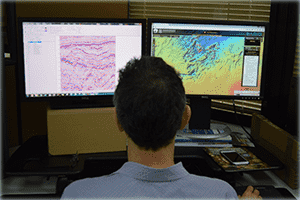
DE0053 : Petrel Geological Process Modeling
- Date: Feb 09 - Feb 13 / 3 Days
- Location: Dubai, UAE
- Course Details Register
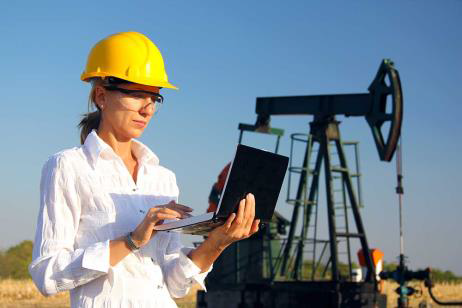
DE0377 : Advanced Well Testing & Interpretation
- Date: Feb 09 - Feb 13 / 3 Days
- Location: Doha, Qatar
- Course Details Register
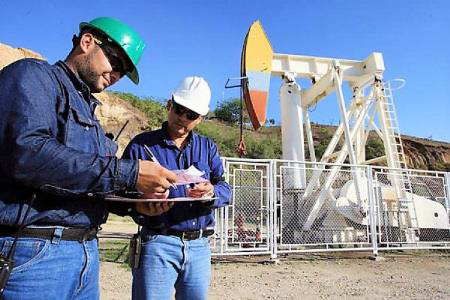
DE0641 : Oil Industry Orientation
- Date: Feb 09 - Feb 13 / 3 Days
- Location: Doha, Qatar
- Course Details Register
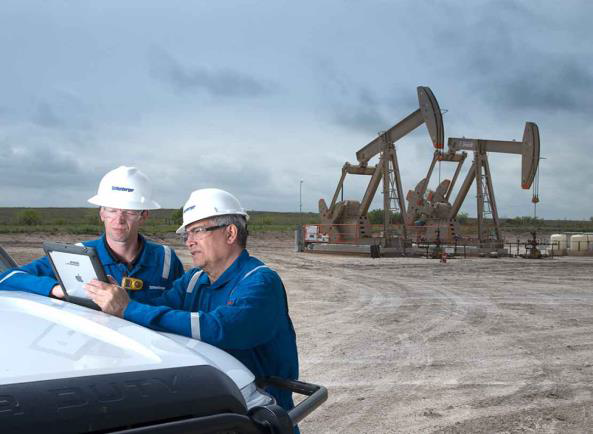
DE0931 : Advanced Gas Lift Design & Deliquification
- Date: Feb 09 - Feb 13 / 3 Days
- Location: Muscat, Oman
- Course Details Register
